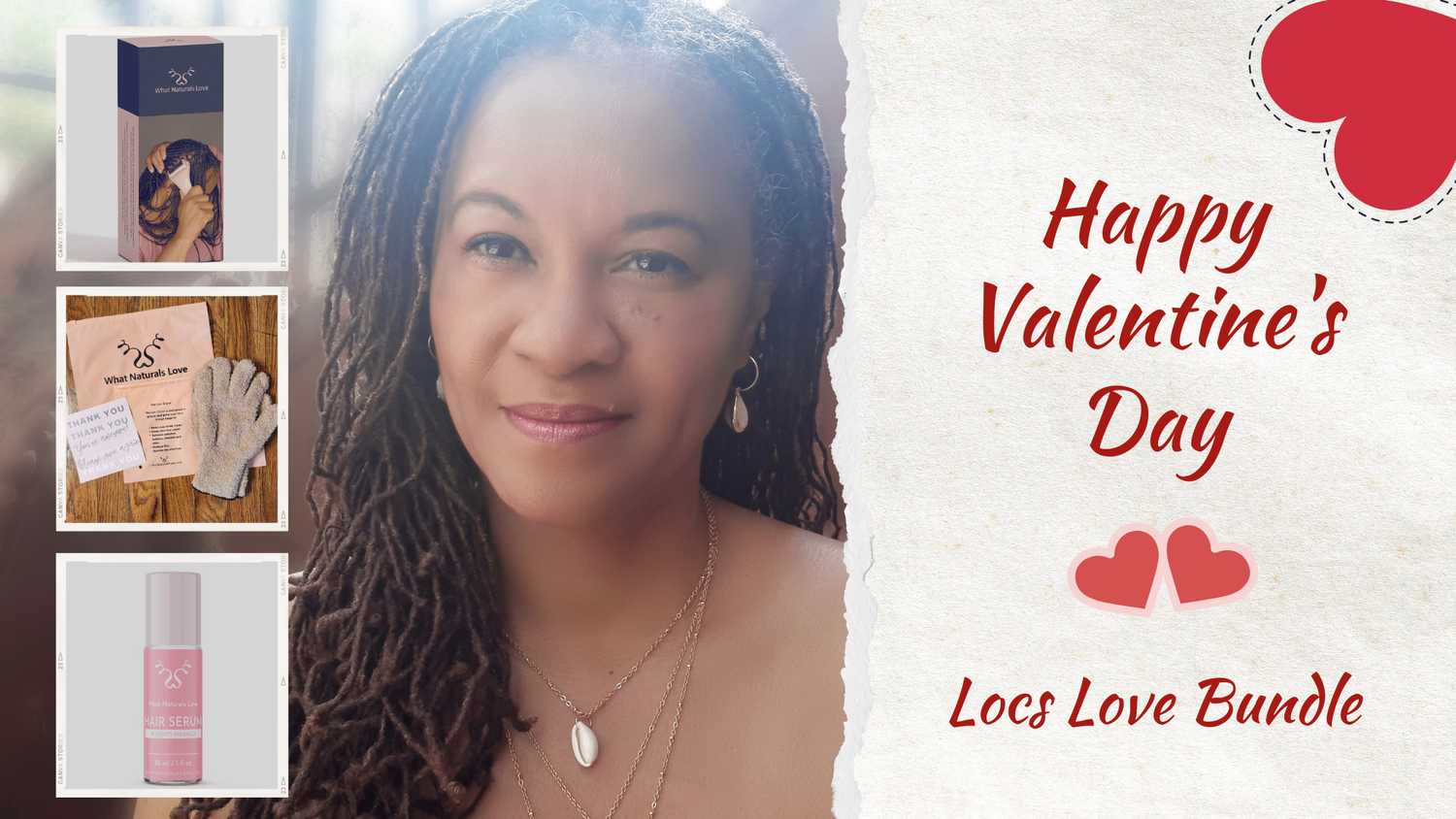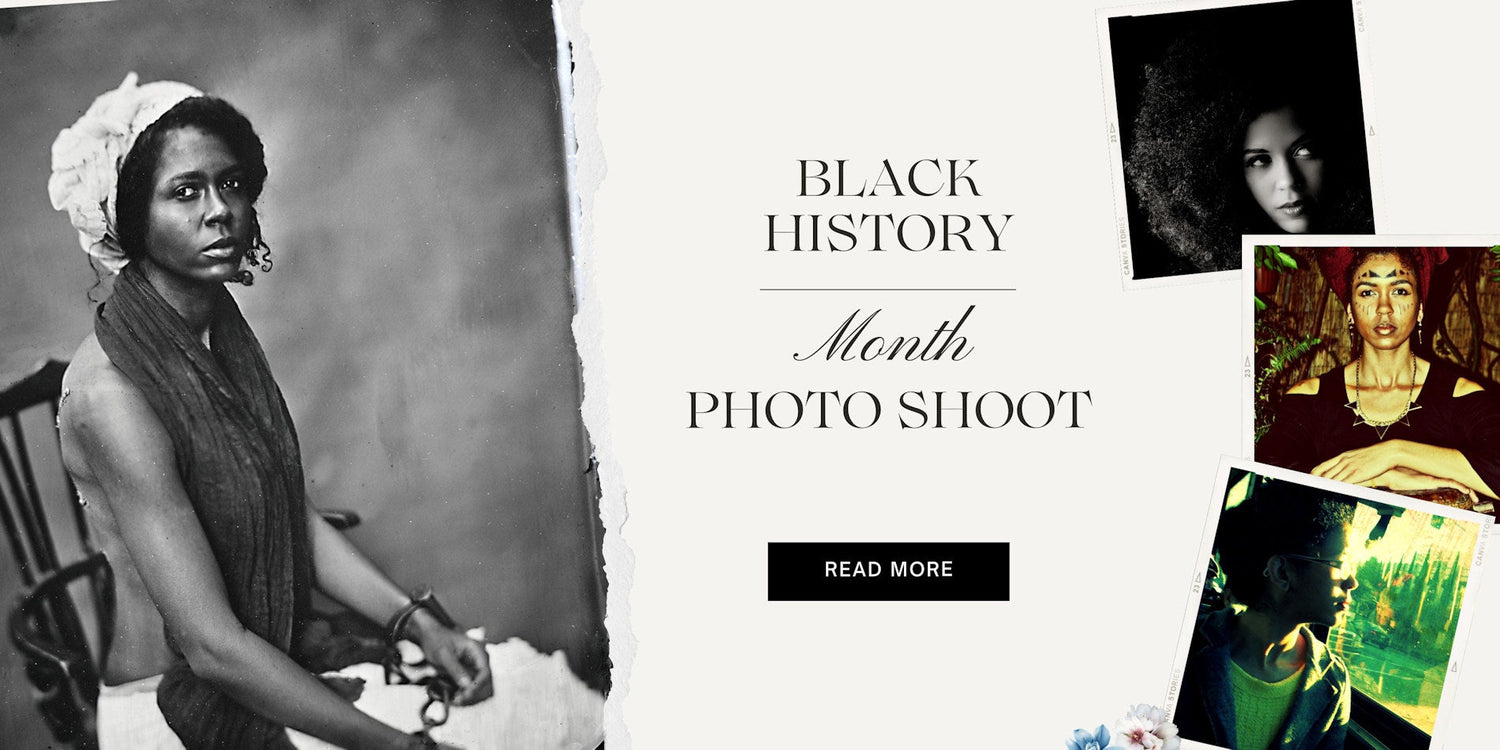To broaden the conversation of hair discrimination, I went out into the streets of Bed-Stuy, Brooklyn, to interview non-Black individuals and start a conversation about Black hair. I wanted to hear their thoughts on a reality many Black people face everyday—being judged and even restricted when it comes to natural hair.
Eager to hear different perspectives, I spoke with people who were open to talk about Black hair and asked them four key questions:
- Can you name a few Black hairstyles?
- Are these styles accepted in your workplace?
- Would you alter your hair for a job?
- Why do you think it is requirement for Black people?
Please watch the video, it's also transcribed, and let us know what you think.
Interview Transcript
Mireille: So, no, kind of the same questions for you. Can you name a few Black hairstyles?
Interviewee: Yeah, I mean, I would have said for men or women, like, an afro or dreads if you wear your hair naturally, and then I also think a lot of women put a weave into it, so whether it's, like, natural or synthetic.
Mireille: Okay, so the reason so many people wear weaves is because our hairstyles are not accepted in the workplace. When we apply for a job, it's usually, like, we don't accept cornrows, it's too ethnic, or dreadlocks, it's too... I don't know what, but this is our... These are natural hairstyles, so my question would be, like, if you go to a... for a job, and the people tell you, like, you can have the job, but you either gotta wear dreadlocks, an afro, cornrows, or one of these Black hairstyles, what would you say?
Interviewee: I'd be very curious what kind of job required a certain hairstyle, but I would also say this should be a skills-based job, it should depend on my skill set. If this is a requirement, is this something you're going to pay for, because I would imagine it would require some upkeep and time to do that, so I would start asking those questions if it's a requirement. Okay, thank you.
The conversation revealed a common theme—most people were surprised by the idea of a workplace dictating their hairstyle, with many expressing confusion or concern over such a requirement. Yet, this is the reality Black individuals face regularly, where natural hairstyles like afros, locs, and braids are labeled unprofessional.
These dialogues serve as a reminder of the unique challenges Black individuals encounter in maintaining their cultural identity while navigating professional spaces.
What Do You Think?
If this resonated with you, I encourage you to join the discussion further at the BAD Hair Uprooted Exhibition on October 10th at the Billy Holiday Theatre. If you like to support please download my book.





